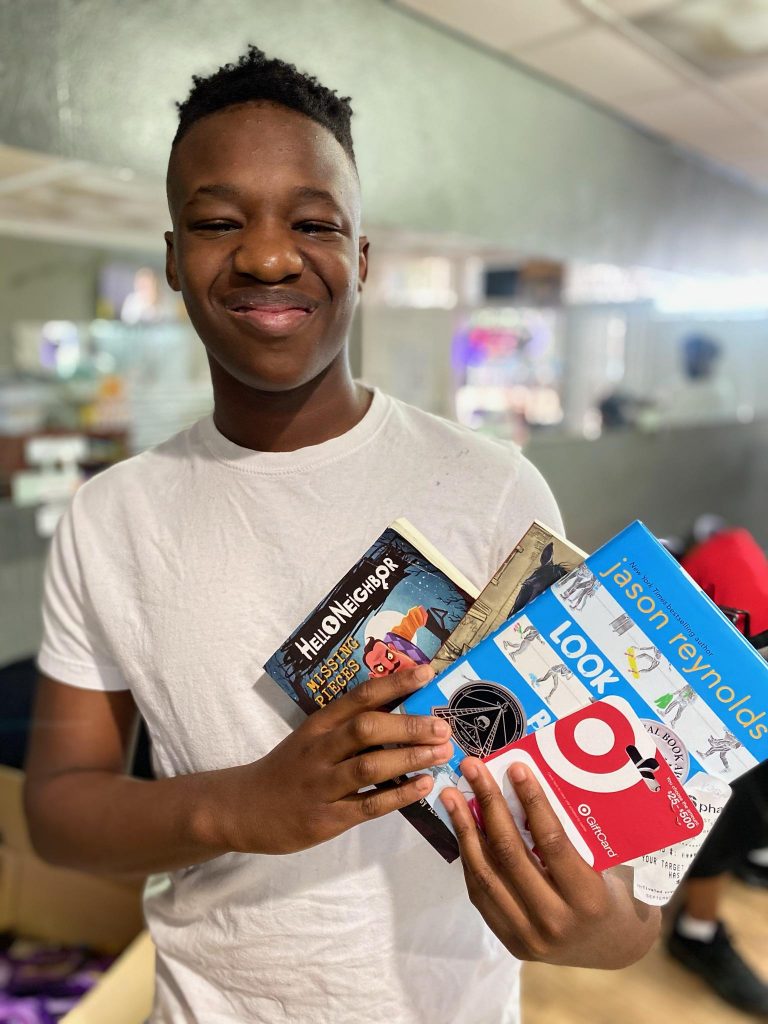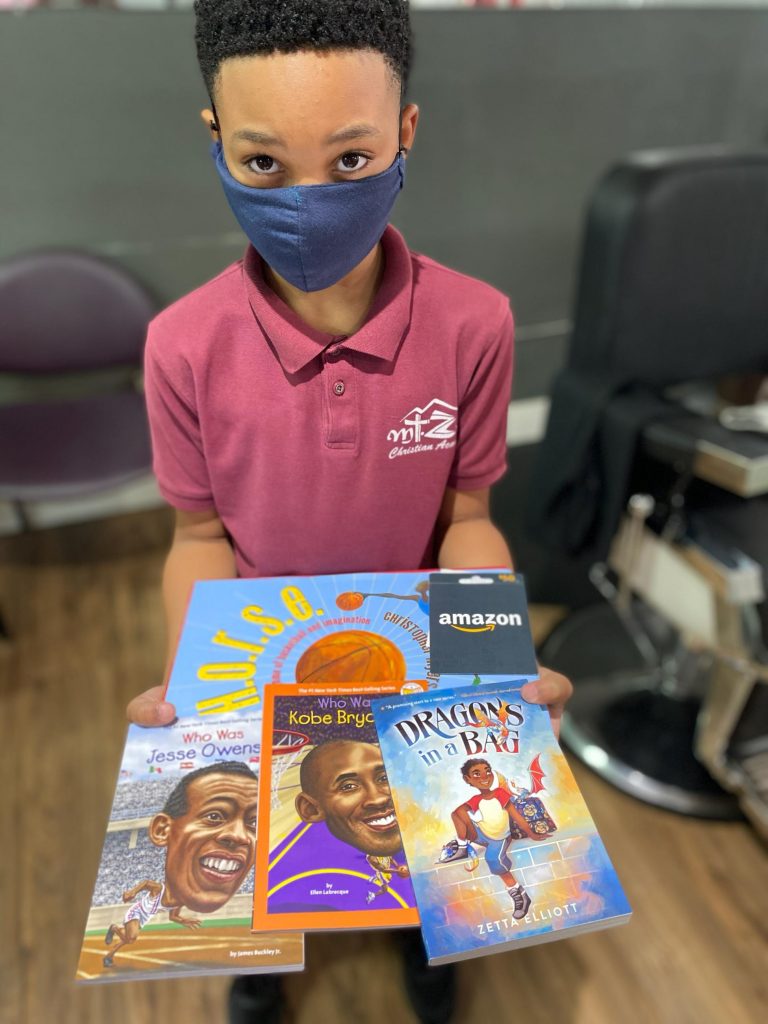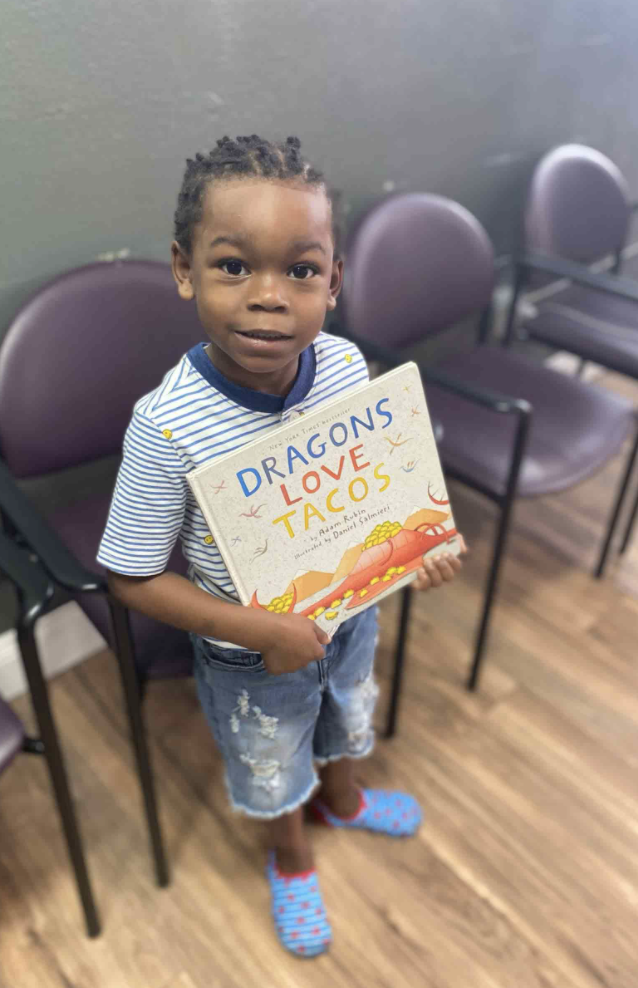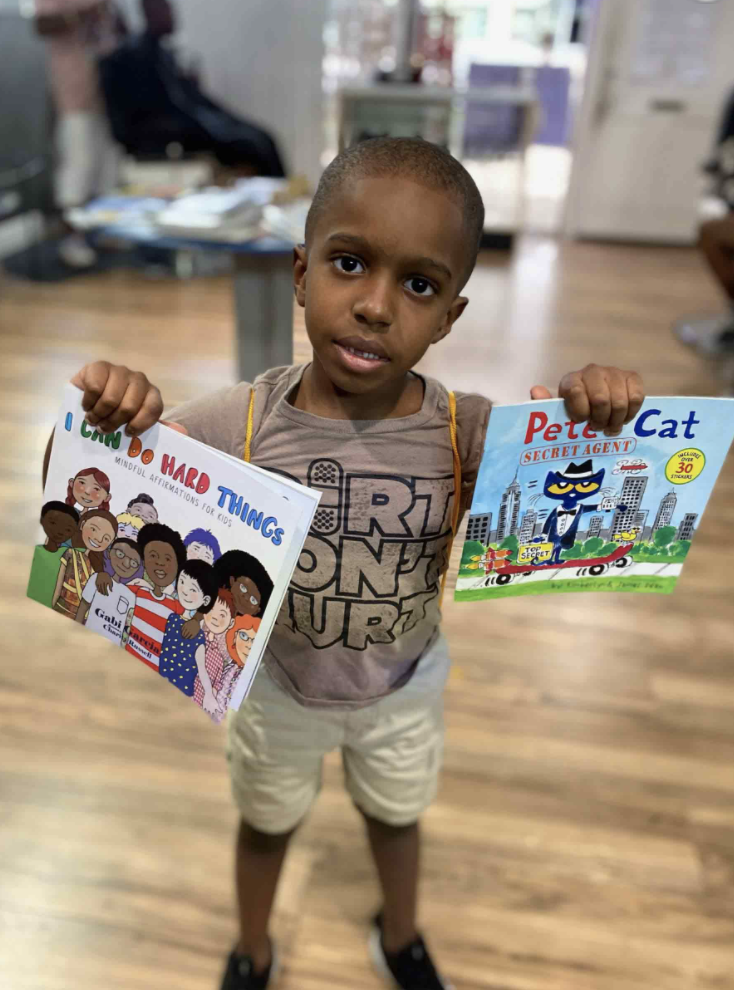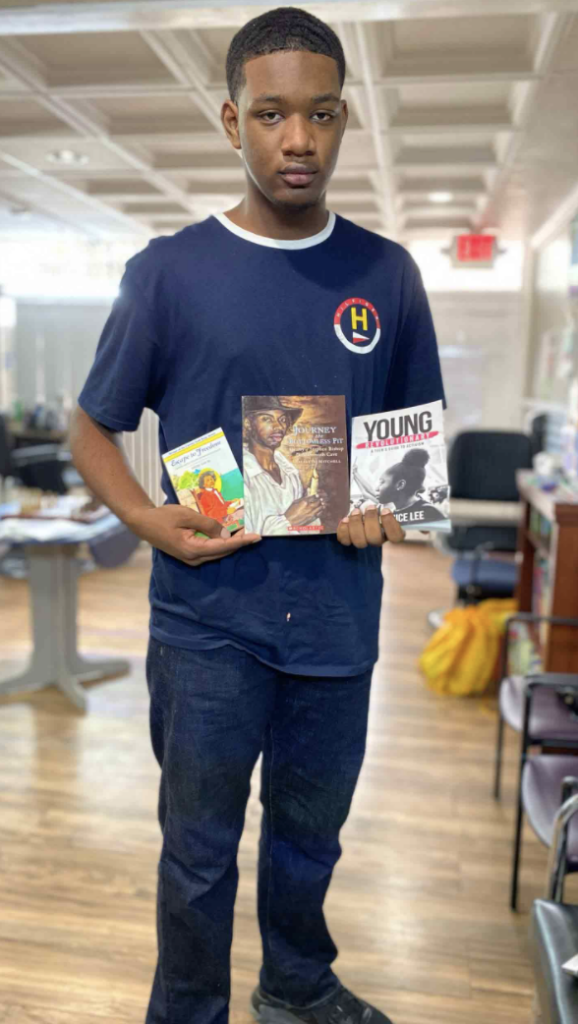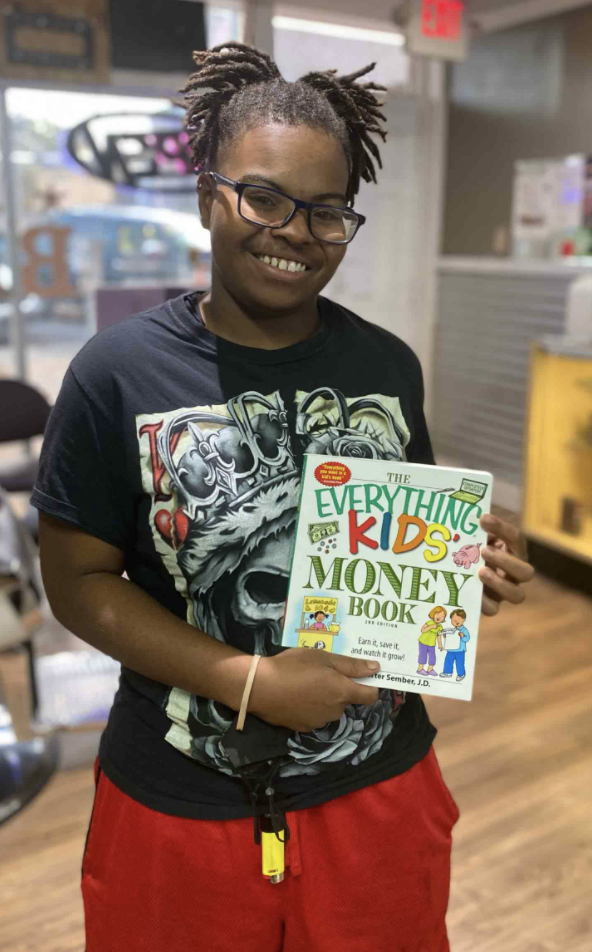When the pandemic hit, and everyone had to stay inside, Jen Jones worried about her youngest brother.
He was 28, living with two roommates in a Town and Country apartment, unable to go to the video gaming academy where he competed or hang out with friends.
He had quit his job in a medical customer service center and was afraid to leave his room. “He was always a germaphobe, so the threat of that virus really got him upset,” Jones said. “And he already struggled with depression.”
She feared what the isolation, and lack of income, would do to him, “on top of all the uncertainty and fear everyone was feeling.”
In late March, a week after the state shut down, Jones got a call. Her brother had been playing online video games and acting strangely. He told teammates he had taken a bunch of pills. One of them called 911.
He had been involuntarily committed under the state’s Baker Act and was in an emergency room.
Jones raced to the hospital, but because of the coronavirus, she wasn’t allowed to see him. She wrote him a note and left it with a nurse: “Please call me. Let me help you. There’s nothing in this world I wouldn’t do for you.”
Two days later, she learned he had been discharged and was back in his apartment.
“How do you release someone who’s struggling like that to the isolation of their 6 x 8 room?” she asked. “How is that a good idea?”
***
As early as April, mental health specialists across the country were warning about how the coronavirus and lockdown would cause more people to struggle with anxiety, depression and suicidal thoughts. A Gallup poll released that month showed 60 percent of American adults reported feeling stress, up from 46 percent the previous summer. The polling company called the findings “unprecedented.”
In May, a group called the Well Being Trust in California released a study predicting that this first U.S. pandemic in a century could lead to 75,000 “deaths of despair” from suicide, alcohol and drug abuse. Stressors like unemployment, fear, dread, isolation and uncertainty — and the combination of all of those factors — is causing people to lose boundaries on their behaviors, the report said.
During late June, the Centers for Disease Control and Prevention said 40 percent of U.S. adults reported struggling with mental health or substance abuse — and 11 percent had “seriously considered suicide.” Young adults, racial and ethnic minorities, essential workers and unpaid adult caregivers had even higher rates — with more than 20 percent of essential workers reporting suicidal thoughts over the previous month.
Between June and August, calls jumped 15 percent at the 211 Crisis Center of Tampa Bay, according to CEO Clara Reynolds.
“PTSD takes about six months to set in, so we’re bracing for a real onslaught in October and November,” she said. “This crisis hasn’t even really started yet.”
All summer, across Tampa Bay, people were posting about friends and family who died during the pandemic — some from suicide. “Isolation during these trying times was probably a factor,” one Facebook user wrote of a friend. “My friend just took her life,” another wrote. “I really can’t take much more from 2020.”
According to medical examiners’ offices, the number of deaths by suicide hasn’t increased in Hillsborough or Pinellas counties. But calls to crisis centers have spiked.
Early in the pandemic, Reynolds said, most calls were from people worrying about their physical health — contracting the virus and dying. In April, the calls were more about economic concerns — losing jobs, not being able to pay rent. Politics, protests, hurricanes and retirement funds also are adding to the distress.
“Now, we’re shifting to seeing an increase in calls to the suicide prevention hotline,” said Reynolds. Over a three-month period last summer, about 1,300 people called the hotline. During that same period this year, the volume increased 17 percent.
Kristin Mathre, chief operating officer of the Suncoast Center in Pinellas County, said about 1,500 people now have “active suicide prevention plans.” This time last year, she said, that number was about 540.
The most heartbreaking calls, Mathre said, are about children who are afraid to leave their homes. “This is a new population dealing with agoraphobia,” she said. “We’ve never seen 11-year-olds scared to go outside. They’re worried they’ll get the virus or bring it back to their families.”
Overdoses also are increasing in Pinellas, said Diane Clarke from the addiction treatment center Operation PAR. Since the pandemic began, she has seen a rise in overdoses from Fentanyl, amphetamines, opioids and cocaine. Alcohol sales, she said, are up as high as 35 percent.
“People are struggling,” said Reynolds of the 211 center. “We’re getting callers saying: ‘I’m all alone. I don’t see a light at the end of the tunnel. I’ve lost loved ones. I think my family would be better off without me.’”
***
A month after Jen Jones’ youngest brother was released from the hospital, at 3:30 p.m. on April 27, a Hillsborough deputy knocked on her door.
“I have some news about your brother,” he said.
“I hope he’s not in trouble?” she asked.
The deputy paused and looked down. Then he met her eyes. “He was found deceased. I’m not sure of his actual date of death. He had been there several days.”
Jones doesn’t remember how she reacted or if she said anything. She couldn’t process what he was telling her or believe her brother was really gone.
The officer gave her the name and number of her brother’s roommate, who had called 911. For days, the roommate told police, he had been texting from his own bedroom in the same apartment, asking if Jones’ brother wanted to play video games, wondering why he hadn’t been online. After a few days, he started smelling something and banged on the door. No answer. When he turned the knob, it was locked. He got a screwdriver and let himself in.
Her brother was on his back, on his bed, with his arms spread out. He’d left a note. And instructions on who should get his prized Yugioh cards.
“This might hurt some people. And I might be called selfish. … But what about what I want?” he had written. His handwriting in the next sentence was hard to read. Jones’ sister thought it said, “I’m sore and tired.” Jones thought he’d written, “I’m alone and tired.”
“I don’t know what went through his mind. I don’t understand depression. I’m a fixer, but I couldn’t fix this,” Jones said. “If he’d just held on one more week, to see a few more sunsets, everything would have started to open up more and maybe he would have had the opportunity to change something — or everything.”
Jones, a 51-year-old mortgage broker, had always worried about her youngest brother. She’s 22 years older and has a different mother. His mom left when he was 7, their dad died when he was 12.
From then on, Jones raised him, “like a sister-mom,” in her Tampa home.
“He loved making other people happy. He gave great hugs and would listen intently. But he never shared much about himself.”
She took him to a therapist, then another and another. “The more you’d push him, the more he’d pull away.”
Her guilt is crippling. She keeps running through regrets and what-ifs. He must have known how loved he was, she said. But that wasn’t enough.
***
Since July 1, the Hillsborough crisis center has hired nine additional counselors to augment their 40-person call center staff. Before COVID-19, calls averaged seven minutes. Now, Reynolds said, counselors spend an average of 20 minutes talking to each client.
“This is not just because someone is depressed,” Mathre said. “It’s because we’ve layered on more than we have the coping skills for. Having someone to lean on is the best coping strategy, and we have a pandemic that’s isolating people. “
Before the lockdown, Mathre said, almost all of their counseling was in person. Now, it’s nearly all online. The mental health mobile crisis response team set up to help people up to age 25 now responds to callers of any age.
The Juvenile Welfare Board of Pinellas County is piloting a program with the University of South Florida to train mental health supervisors to better support counselors. The agency also is working with the Community Health Center of Pinellas to train pediatricians how to spot signs of family stressors and connect parents to resources. And a group called Zero Suicide Pinellas brought 28 community organizations and stakeholders together to synchronize training tools, assessments and safety plans. Educators from BayCare are even giving gun shop owners posters and pamphlets about suicide prevention.
“We need to help everyone feel comfortable reaching out for help,” Mathre said.
People also can do things to help themselves through the crisis, said Jennifer Young, who runs a Largo counseling center and specializes in trauma. Her advice: Stay connected, even if it’s only virtually. Stay physically active. Go outside. Try an app to practice guided meditation, or mindfulness. Find a new hobby. And, if you’re holed up at home with family, don’t be afraid to ask for time alone. “Human beings need to be away from loved ones as much as we need to be together,” she said.
***
Jen Jones had some of her brother’s ashes encased in a silver dragonfly necklace, which she wears every day. She set his cello in her living room. Keeps his favorite boyhood Furby by her bed. While she works from home, she sits in his gaming chair. Sometimes, in the evening, she pulls on his well-worn jeans. “It’s comforting,” she said, “to feel him with me.”
Jones’ other brother and sister didn’t want to share their youngest brother’s name or photo. But Jones wanted to tell his story, to remind anyone who is suffering to ask for help.
“It’s okay to be sad. You don’t have to put on a show. I know it’s hard to ask, but people are here for you,” she said. “And for those of us who don’t have mental illness, be kind. Be open to what others are going through. Show extra love. Reach out — and keep reaching.”
This story is part of a collaboration with Frontline, the PBS series, through its Local Journalism Initiative, which is funded by the John S. and James L. Knight Foundation and the Corporation for Public Broadcasting.
Editor’s note: This story includes discussion of suicide. If you or someone you know is considering suicide, resources are available to help. Please see resources below under “Need help?”.
Reach Lane DeGregory at degregory@tampabay.com. Follow @LaneDeGregory.
Need Help?
Contact the National Suicide Prevention Lifeline at 1-800-273-8255 or suicidepreventionlifeline.org or call the Crisis Center of Tampa Bay by dialing 2-1-1.
To view the full news story by Tampa Bay Times, visit https://www.tampabay.com/news/health/2020/10/05/hurting-right-now-this-florida-woman-wants-you-to-know-youre-not-alone/

